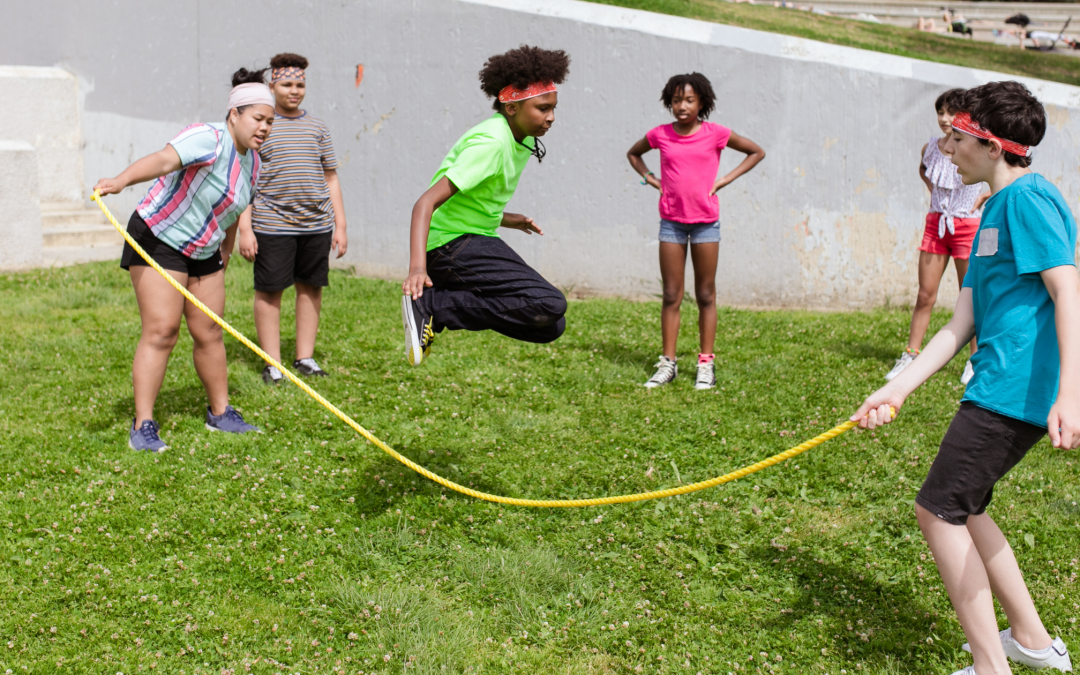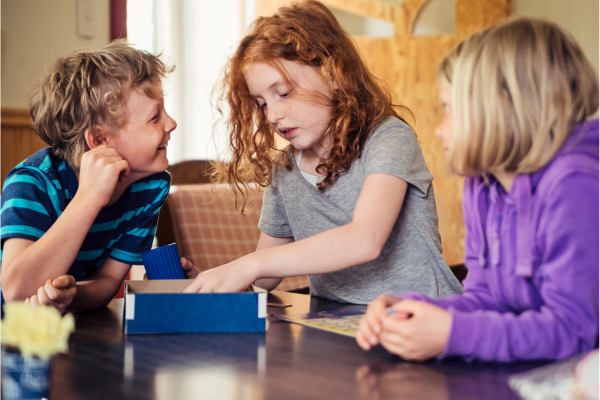
Unleash Your Parenting Power: 5 Transformative Steps to Create a Harmonious and Confident Family

5 Transformative Steps & 4 C’s to Confident Parenting
Every parent yearns to create a safe haven, a nurturing environment where their children can thrive. We all want our little ones to grow up with unshakable character, an unwavering self-belief, and the resilience to conquer the world. Yet, it’s only natural to question our parenting style and yearn for greater peace and unity within our family.
The great news is this: you hold within you the power to unlock your full potential as a parent. Join us as we embark on a journey of discovery, uncovering five powerful steps that will shape the very world your children inhabit. Get ready to foster cooperation, unity, peace, and boundless joy within your family like never before.
1. Show them how much you care.
Love is the foundation of every strong family. By simply being affectionate with your children, you can make a profound difference in their lives. Pay attention to them, make them feel special, and let them know they can trust you. But it doesn’t stop there. Show your children that you care about others too. Take care of your parents, call your siblings regularly, and lend a helping hand whenever you can. By doing so, you teach your children to respect and value others, and they’ll see these qualities as an integral part of who you are.
2. Cultivate an attitude of gratitude.
Gratitude is a powerful force that can shape your children’s perspective on life. By demonstrating your own gratitude for the little things, you instill in them a sense of appreciation. Whether it’s finding joy in a simple smile or expressing thanks for the people in your life, let your children see how grateful you are. This fosters generosity and self-esteem within them, and they’ll learn to reciprocate this gratitude to others.
3. Foster good communication.
Effective communication is key to building strong family bonds. Show your children that they are worth your time, effort, and energy. Let them know you love them, believe in their capabilities, and are there to support them no matter what. When you create an environment where your children feel heard and valued, they will be more inclined to open up and share their thoughts and feelings with you. This paves the way for deeper connections and smoother interactions within the family.
4. Encourage activities that bring them joy.
Every child is unique, with their own interests and passions. By encouraging activities that make your children happy, you help shape their personalities and build their confidence. If your child thrives in a competitive environment, encourage them to participate in sports. On the other hand, if they have a creative inclination, support their artistic side through music or drama. When your children engage in activities they enjoy, they become more self-assured and independent. They won’t feel the need to seek validation from the wrong company of friends, as they’ll already be content in their own skin.
5. Be a role model.
Children learn by example, so it’s crucial to live by the values you want to instill in them. If education is important to you, emphasize the value of studying and lifelong learning. Teach them a positive attitude by being cheerful and kind to others. When you embody the qualities and values you want your children to possess, they will naturally follow your lead. By setting a positive example, you provide them with a solid foundation for making wise choices and forging their own paths.
Remember, as parents, we have the power to shape our children’s world. Teach them right from wrong, instill good manners and etiquette, and spread positive values wherever you go. By empowering your children through these practices, you’ll witness the transformation of your family dynamics. Happy kids are healthier, more successful in school, and less likely to get into trouble. And you, as parents, will find joy in your role, enjoying the precious moments with your children who are happy, well-adjusted, and ready to embrace the world.
The Four C’s Approach of Successful Families
By incorporating the Four C’s framework into your approach, you can empower yourself and your children to thrive. Let’s explore how each of these pillars transform family life.
1. Clarity: Find the Path Together
Clarity begins with knowing your values and goals as a family. Take the time to reflect on what matters most to you and what you envision for your children’s future. By gaining clarity, you can align your parenting decisions with your family’s overarching vision. Engage in open discussions with your partner and involve your children in age-appropriate conversations about family values. This shared understanding will create a solid foundation for unity and peace within your family.
2. Communication: Build Bridges of Understanding
Effective communication is the key to building strong family bonds. Create an atmosphere where everyone feels safe and heard. Encourage open and honest dialogue, where thoughts and feelings are respected and valued. Take the time to actively listen to your children, seeking to understand their perspectives. Regular family meetings can provide a platform for expressing concerns, sharing achievements, and fostering a sense of togetherness. By prioritizing communication, you can cultivate a culture of trust and unity within your family.
3. Consistency: Walk the Talk
Consistency is the cornerstone of effective parenting. Children thrive when they know what to expect and when boundaries are consistently enforced. Set clear expectations for behavior and reinforce them consistently. This doesn’t mean being rigid or inflexible but rather providing a stable and predictable environment where your children feel secure. Consistency also applies to modeling the behaviors and values you wish to instill in your children. Remember, actions speak louder than words. By being consistent in your own actions, you become a reliable role model for your children to emulate.
4. Community: Strength in Togetherness
Building a sense of community within your family extends beyond the immediate household. Encourage connections with extended family members, neighbors, and friends. Foster a spirit of cooperation and support by engaging in activities that involve the larger community. Volunteer together, participate in local events, or join parenting support groups. By cultivating a network of relationships, you create a support system that enriches your family life. Sharing experiences and learning from others can provide valuable insights and strengthen the unity and peace within your family.
Embrace the Four C’s approach in your parenting journey, and witness the transformation in your family dynamics. By nurturing clarity, communication, consistency, and community, you create a harmonious and loving environment where your children can thrive and grow into their best selves.
Remember, you have the power to shape your family’s world. Embrace these principles today, and enjoy the journey of bringing more unity, peace, and joy into your family life.




















